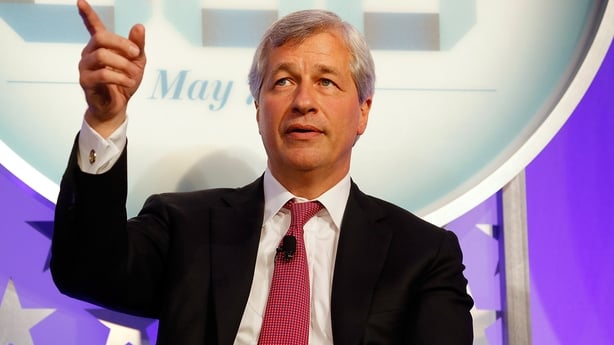JPMorgan Chase & Co is in talks to buy a Dublin office building as the company considers expanding in Ireland after the UK's vote to leave the European Union, news agency Bloomberg reports.
Quoting people with knowledge of the matter, Bloomberg said the bank is negotiating the potential purchase of a building in Dublin's Capital Dock.
The sources said the building is being developed by a venture between Kennedy Wilson Holdings and the National Asset Management Agency.
The building at 200 Capital Dock has about 130,000 square feet of space, the sources said - enough for more than 1,000 workers.

"Other options are still very much on the table. We want to see how negotiations progress," JPMorgan said in a statement to Bloomberg. "No final decisions have been made," it added.
NAMA and Kennedy Wilson declined to comment.
Theresa May’s plan to pull Britain out of the European single market has prompted international banks to begin looking to move jobs to other EU countries.
Estimates for the number of people who could move range from 4,000 to more than 200,000.
Dublin is among the locations being considered by JPMorgan for an enlarged EU hub following the Brexit vote.
Before the June 23 referendum, chief executive Jamie Dimon told UK staff that as many as 4,000 people could be relocated in the event of Brexit.

In January, he said that number could be even higher - or lower - depending on how the UK government’s negotiations play out.
Earlier today, Royal London Mutual Insurance Society said it will turn its Irish business into a regulated subsidiary as a result of Britain's decision to leave the European Union. The company employs 80 in Dublin.
And insurance market Lloyd's of London said today that it had chosen Brussels as the site for its European Union subsidiary because of its strong regulatory framework.

